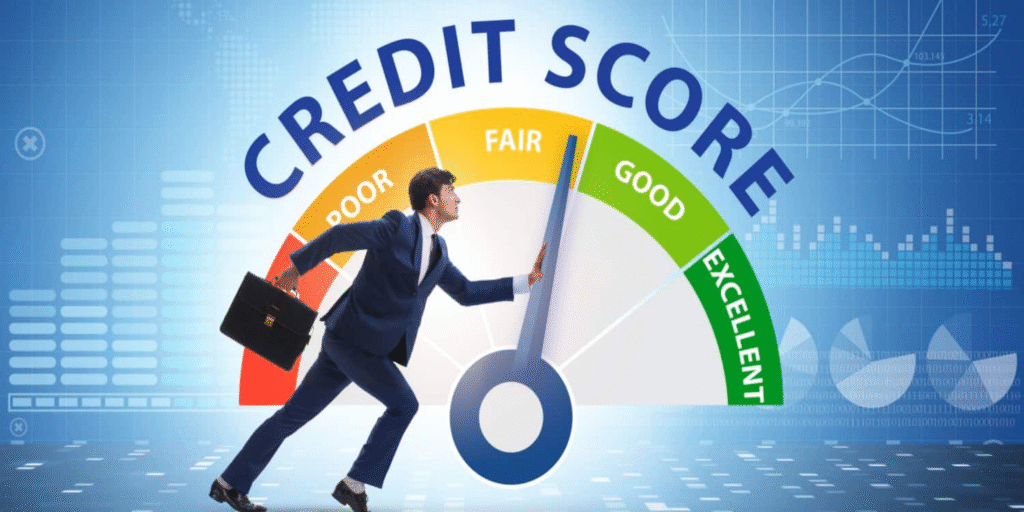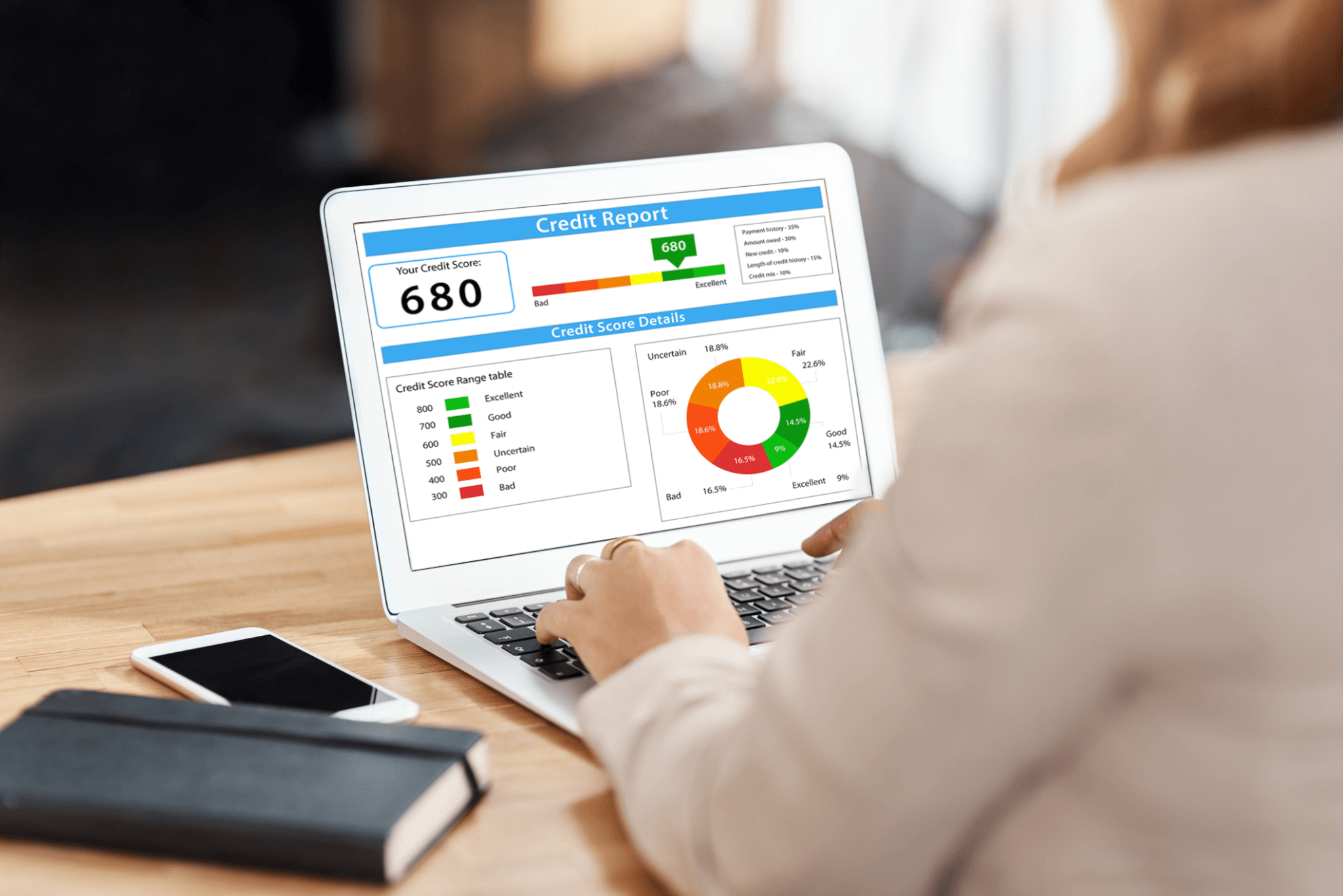Demystifying Credit: A Practical Guide To Understanding Your Credit Profile
Understanding your credit profile is one of the most empowering steps you can take in your financial life. Whether you’re applying for a loan, renting a home, or trying to get the best rates on insurance, your credit profile plays a crucial role. Yet, many people find credit confusing, intimidating, or simply too complex to manage.
This practical guide breaks down everything you need to know about credit—how it’s built, what affects it, and how to improve and protect it.
What Is a Credit Profile?

Your credit profile is a summary of your credit history and financial behavior, compiled by credit bureaus to assess your creditworthiness.
Components of a Credit Profile
Your credit profile typically includes:
- Personal Identification Information: Name, address, Social Security number, date of birth, and employment history.
- Credit Accounts: Details about open and closed credit accounts like credit cards, mortgages, and loans.
- Credit Inquiries: A record of who has accessed your credit report and why.
- Public Records: Bankruptcies, liens, and judgments.
- Collections: Accounts turned over to collection agencies due to non-payment.
The Role of Credit Bureaus
There are three major credit bureaus in the U.S.:
- Equifax
- Experian
- TransUnion
Each bureau collects data from lenders and compiles it into your credit report. Because not all lenders report to all three bureaus, your reports may vary slightly.
What Is a Credit Score?
A credit score is a three-digit number derived from your credit report, summarizing your creditworthiness.
FICO vs. VantageScore
- FICO Score: The most widely used model, ranging from 300 to 850.
- VantageScore: Another scoring model, often used by lenders as an alternative to FICO.
Credit Score Ranges
| Score Range | Rating |
|---|---|
| 800–850 | Exceptional |
| 740–799 | Very Good |
| 670–739 | Good |
| 580–669 | Fair |
| 300–579 | Poor |
Factors That Influence Your Credit Score
Understanding what affects your score helps you manage it more effectively.
Payment History (35%)
This is the most important factor. Missed or late payments can severely impact your score.
Credit Utilization (30%)
This refers to the amount of credit you’re using versus your total credit limit. Experts recommend keeping your utilization below 30%.
Length of Credit History (15%)
A longer credit history usually means a higher score.
Credit Mix (10%)
Lenders like to see a variety of credit types, such as credit cards, retail accounts, auto loans, and mortgages.
New Credit Inquiries (10%)
Multiple recent inquiries can lower your score slightly, especially if they indicate you’re actively seeking new credit.
Why Your Credit Profile Matters
Loan and Credit Card Approvals
Lenders use your credit profile to decide whether to approve your application and what terms to offer.
Interest Rates
A higher credit score usually means lower interest rates, potentially saving you thousands over the life of a loan.
Employment Opportunities
Some employers check credit reports (with your permission) as part of the hiring process.
Renting a Home
Landlords may use your credit profile to determine if you’re a responsible tenant.
Insurance Premiums
Some insurers use credit information to calculate premiums, especially for auto and homeowners insurance.
How to Check Your Credit Profile
Free Credit Reports
You can get a free credit report from each bureau once a year at AnnualCreditReport.com.
Monitoring Services
Consider using free or paid credit monitoring services to track changes in your report and receive alerts for suspicious activity.
How to Improve Your Credit Profile

Improving your credit profile doesn’t happen overnight, but steady progress is very possible with discipline.
Pay Bills on Time
This is the single most effective way to improve and maintain your credit score.
Reduce Credit Card Balances
Aim to pay off balances and avoid maxing out your cards.
Don’t Close Old Accounts
Older accounts help increase the average age of your credit history.
Limit Hard Inquiries
Only apply for credit when necessary, and space out applications.
Dispute Errors
Check your report for errors and dispute any inaccuracies with the respective credit bureau.
Common Credit Myths Debunked
Myth 1: Checking Your Credit Hurts Your Score
Fact: Soft inquiries (like checking your own score) do not affect your credit. Only hard inquiries from lenders do.
Myth 2: Closing a Credit Card Helps Your Score
Fact: Closing a card can hurt your score by reducing your available credit and potentially shortening your credit history.
Myth 3: You Need to Carry a Balance
Fact: You don’t need to carry a balance to build credit. Paying in full each month is better.
Myth 4: All Debts Are Equal
Fact: Installment loans (like car loans) and revolving debt (like credit cards) affect your credit differently. Carrying high revolving debt is generally worse.
Credit Building Strategies for Beginners
Get a Secured Credit Card
Great for those with no or poor credit. You make a deposit that acts as your credit limit.
Become an Authorized User
Ask someone with good credit to add you as an authorized user to their account. Their good habits can boost your score.
Use Credit Responsibly
Make small purchases and pay them off promptly to establish a positive history.
How to Protect Your Credit
Monitor Your Credit Regularly
Use apps and services to keep an eye on your credit activity.
Freeze Your Credit
If you’re not planning to open new accounts, freezing your credit prevents unauthorized access.
Watch Out for Identity Theft
Be cautious with personal information online and in public. Use strong passwords and enable two-factor authentication.
Rebuilding Damaged Credit

Even after financial setbacks, it’s possible to rebuild your credit.
Use a Credit Builder Loan
Offered by credit unions and fintechs, these loans help you save while building credit.
Create a Budget
Controlling your spending is essential. Focus on paying down debts and avoiding new ones.
Seek Professional Help
Consider speaking with a certified credit counselor for tailored guidance.
Also Read : What Are The Best Strategies For Credit Rebuilding?
Conclusion
Your credit profile is a powerful tool in your financial journey. By understanding how it works, monitoring it regularly, and applying sound financial practices, you can not only maintain a strong credit score but also leverage it to reach your goals—whether that’s buying a home, starting a business, or simply gaining peace of mind.
Empower yourself through knowledge. The sooner you take control of your credit, the more financially secure your future will be.
FAQs
What’s the difference between a credit report and a credit score?
A credit report details your credit history, while a credit score is a numerical representation of that report. Both are used by lenders to assess your creditworthiness.
How often should I check my credit report?
You should check your credit report at least once a year from each of the three bureaus. For active credit monitoring, monthly checks are advisable.
Does paying off a loan early help my credit?
Paying off a loan early can help, especially if it improves your debt-to-income ratio. However, it may slightly reduce your credit mix or history length.
Can employers see my credit score?
No, employers can only view a modified version of your credit report, not your score—and only with your consent.
How long do negative items stay on my credit report?
Most negative items stay on your report for seven years, while bankruptcies can remain for up to 10 years.
Can I remove a late payment from my credit report?
If it was an error, dispute it. If it was legitimate, you can ask for a “goodwill adjustment” from the lender, but removal is not guaranteed.
What is a good credit score to aim for?
A score of 700 or above is generally considered good. For the best terms on loans and credit cards, aim for 740+.
Are credit repair companies legit?
Some are, but many are scams. It’s often better to repair credit yourself or through a nonprofit credit counselor.
